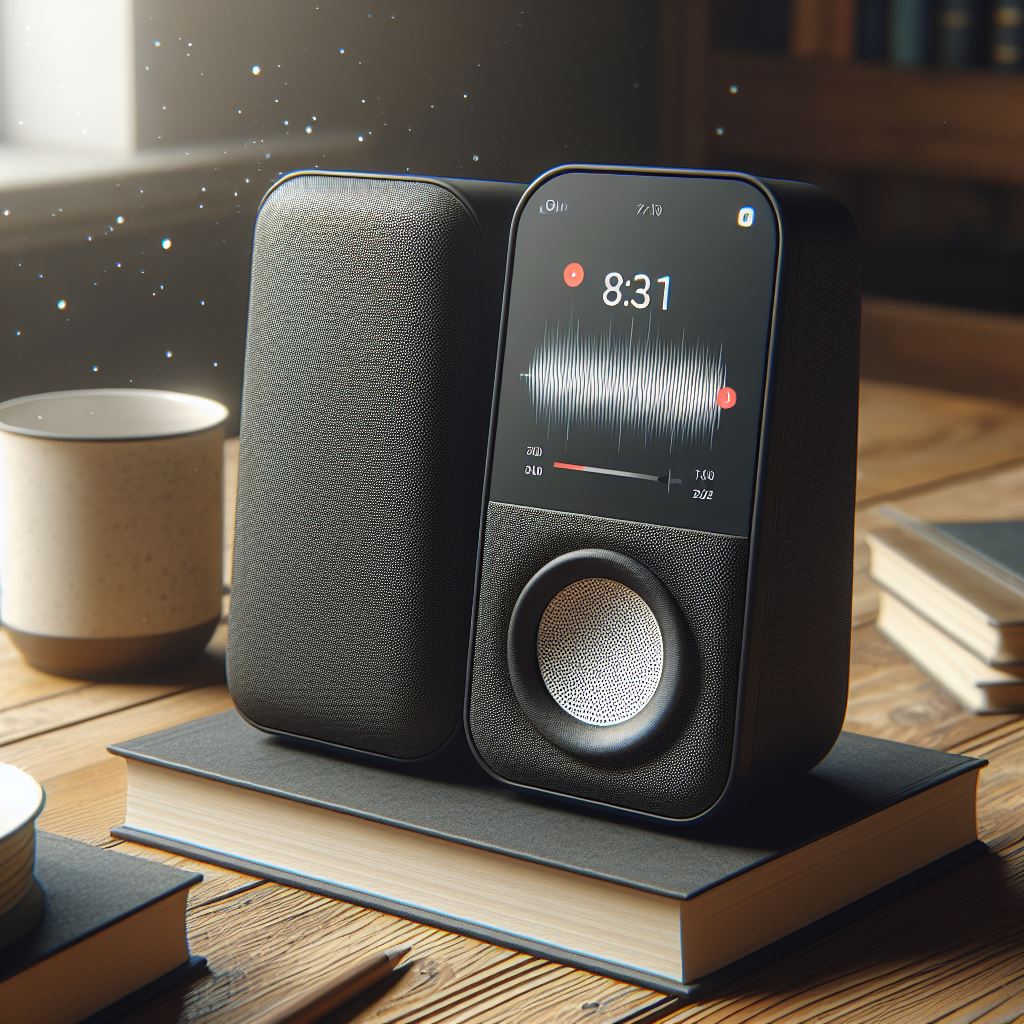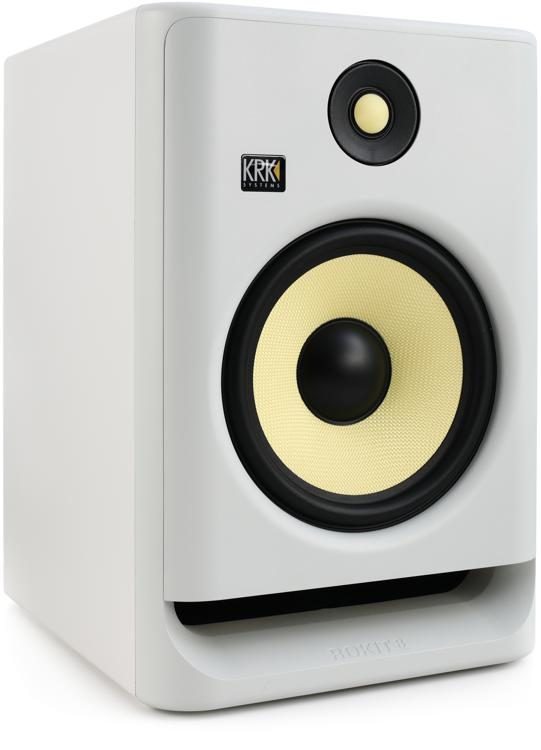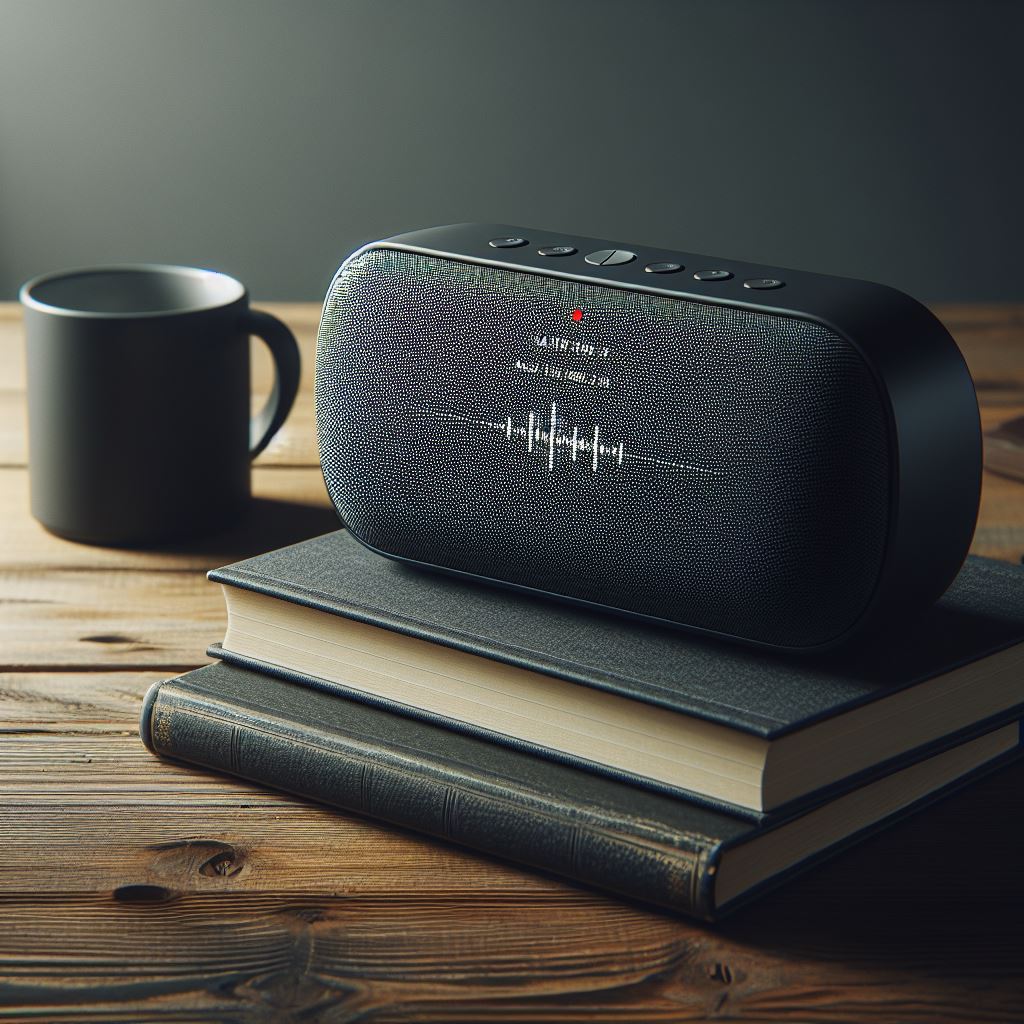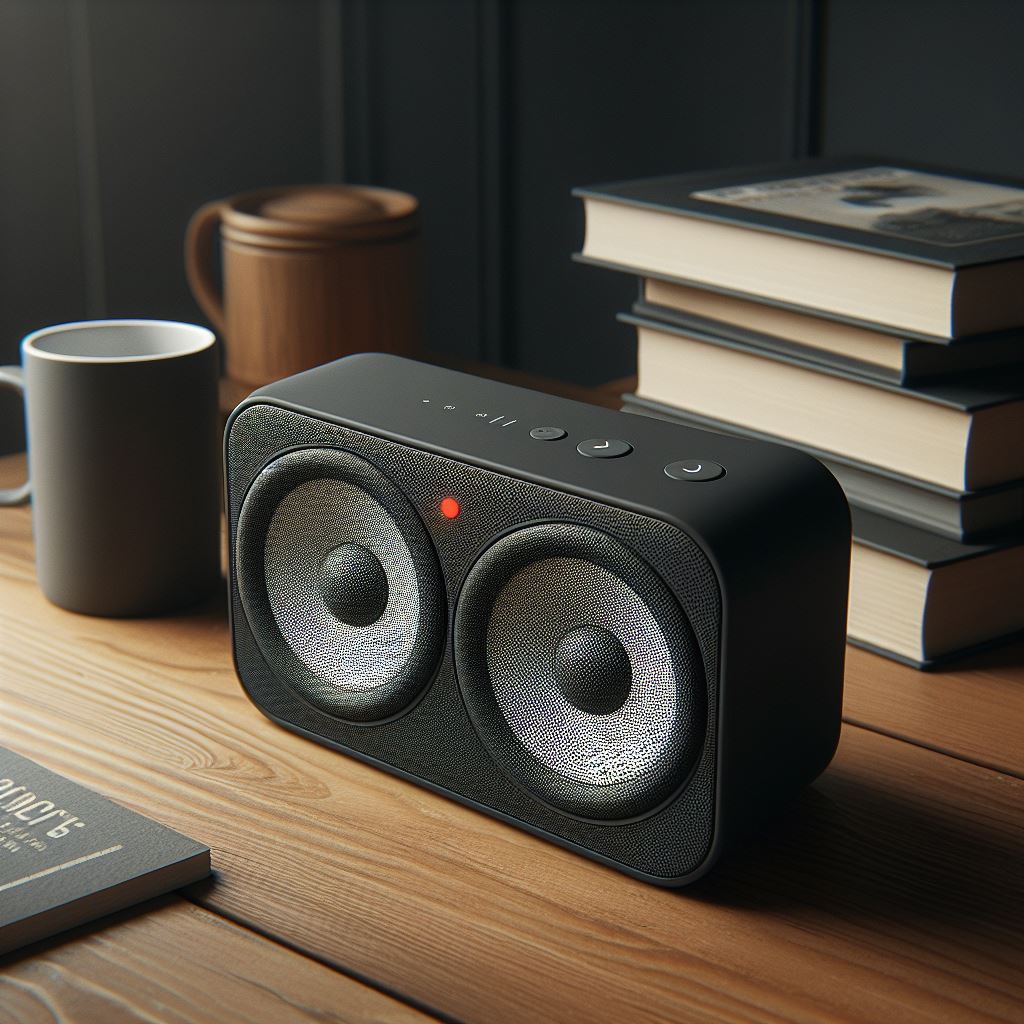If you’re anything like me, you love listening to music. Whether it’s while you’re working, driving, or just relaxing at home, music can provide the perfect soundtrack for any situation. But what happens when that music is interrupted by annoying white noise from your speakers?
It’s frustrating, to say the least. White noise can ruin an otherwise perfect song, and it can be difficult to find a way to get rid of it. Luckily, there are a few things you can do to minimize the impact of white noise on your listening experience.
How To Stop The Electrical Noise From Studio Monitors!
How Do I Get Rid of White Noise on My Speakers?
If you’re hearing a white noise coming from your speakers, there are a few things that could be causing it. Here are a few troubleshooting tips to help you figure out the issue and get rid of the white noise:
1. Check all your connections. Make sure that all the cables connecting your speakers to your audio source are securely plugged in. If you’re using wireless speakers, check that the batteries have enough charge and that the speakers are properly paired with your audio source.
2. Adjust the volume levels. Sometimes, white noise can be caused by having the volume levels on your audio source or your speakers turned up too high. Try turning down the volume until the white noise goes away.
3. Move away from other electronic devices. White noise can also be caused by electromagnetic interference from other electronic devices nearby, such as computers, TVs, or microwaves. If possible, try moving your speakers away from any other electronics to see if that eliminates the white noise.
4. Use different speaker wires. If you’re using standard speaker wire (copper), try switching to oxygen-free copper wire or silver-plated copper wire. This can sometimes eliminate electromagnetic interference and improve sound quality overall.

Why Are My Speakers Making a Static Noise?
If your speakers are producing a static noise, there are a few possible causes. The first is that the speakers are not properly grounded. If the speakers are not grounded, they can produce a static noise when they come into contact with other objects. To fix this, simply ground the speakers by connecting them to a metal surface. Another possibility is that the speaker’s wire is loose or damaged.
If the wire is loose, it can cause interference and produce a static noise. To fix this, tighten the wire or replace it with a new one. Finally, static could be caused by dust or dirt on the speaker’s coil. This build-up can prevent the speaker from moving freely, causing interference and static noise.
Is Hissing from Speakers Normal?
Hissing from speakers is normal and usually nothing to worry about. The sound is caused by electrical interference and is most noticeable when the volume is turned up high. If the hissing persists even when the volume is turned down, there may be a problem with the amplifier or speaker itself and you should have it checked by a professional.

Credit: www.sweetwater.com
Hissing Sound from Speakers When Not Playing Music
If you hear a hissing sound coming from your speakers when there’s no music playing, it’s most likely caused by electrical interference. This can happen if your speakers are too close to an electronic device like a TV or computer monitor or if they’re placed near power cords or other sources of electromagnetic radiation.
To fix the problem, try moving your speakers away from any electronic devices, and make sure they’re not placed near any power cords or other sources of EM radiation. If the hissing persists, you may need to upgrade your speaker wire to a shielded variety that can block out electromagnetic interference.
How to Eliminate Static Noise from Speakers
If you’re plagued by a persistent high-pitched noise coming from your speakers, it’s likely due to static electricity. Though annoying, this problem is relatively easy to fix. By following a few simple tips, you can eliminate that pesky static and get back to enjoying your music.
The first step is to identify the source of the static. If your speakers are plugged into an outlet, make sure the grounding wire is properly attached. If they’re not plugged in, check for loose wires or other damage. Once you’ve found the source of the problem, take steps to fix it. If your speakers are grounded, try plugging them into a different outlet or using a different cord. This will help to dissipate any built-up static electricity.
You can also try moving them to a different location in the room; sometimes, simply changing their position can reduce static noise. If the problem persists, there are a few things you can do to further reduce static noise. First, try placing your speakers on top of something made of metal; this will help to ground them and reduce static buildup.
You can also try spraying them with an anti-static spray designed for electronics; this will help to discharge any lingering static electricity. Finally, make sure that your speaker cloths are clean and free of dust; build-up on these surfaces can contribute to static problems. By following these simple tips, you can eliminate the noise from your speakers and enjoy your music without interruption!

Static Noise from Speakers in Car
If you’re driving along and suddenly your car’s speakers start making a static noise, it can be pretty annoying. There are a few different things that can cause this problem, so let’s take a look at some of the most likely culprits. One possibility is that your car’s antenna is picking up interference from something nearby.
This is most likely to happen if you’re near a power line or other large electrical source. If this is the case, you may be able to reduce the static by moving your car away from the interference source. Another possibility is that there’s something wrong with your car’s audio system itself.
This could be a problem with the wiring, the amplifier, or even the speakers themselves. If you suspect this is the case, it’s best to take your car to an experienced audio technician for diagnosis and repair. Finally, it’s possible that the static noise is coming from an external source such as a radio station or airport beacon.
If this is the case, there isn’t much you can do about it except try to find another frequency to listen to on your radio. In some cases, it may help to move your car closer or farther away from the interference source until the static goes away.

Frequently Asked Questions [FAQs]
What causes white noise from speakers?
White noise from speakers can be caused by several factors, including a poor connection, interference from other electronic devices, faulty or low-quality audio cables, or issues with the audio source itself. It can also be due to internal problems within the speaker, such as a blown speaker cone or damaged components.
Can white noise damage speakers?
In general, white noise should not damage speakers. However, if the noise is very loud or the volume level is set extremely high, it could potentially cause harm to the speakers. It’s always best to monitor your speaker performance and seek professional advice if you notice any issues.
Is there a tool to remove white noise from audio files?
Yes, there are several audio editing tools that can help you remove white noise from audio files. These include Audacity, Adobe Audition, and Avid Pro Tools. These tools have noise reduction features that can help minimize or eliminate unwanted noise.
Does the quality of audio cables affect white noise in speakers?
Yes, the quality of audio cables can significantly affect the sound quality, including the presence of white noise. High-quality cables are designed to minimize noise interference and deliver a clear, crisp sound. Low-quality or damaged cables can contribute to white noise and other sound issues.
Can wireless speakers also produce white noise?
Yes, wireless speakers can also produce white noise. This can be due to interference from other wireless devices, connection issues between the speaker and the audio source, or issues with the speaker itself. Follow similar troubleshooting steps as with wired speakers to rectify the problem.
Conclusion
If you’ve ever been in a public place and heard a loud, annoying sound coming from the speakers, you know what white noise is. White noise is defined as a continuous, random signal with a flat frequency spectrum. In other words, it’s like static on a radio. While white noise can be annoying, it can also be used to mask other sounds. For example, if you’re trying to concentrate on work and there’s too much background noise, playing white noise through your headphones can help you focus.
